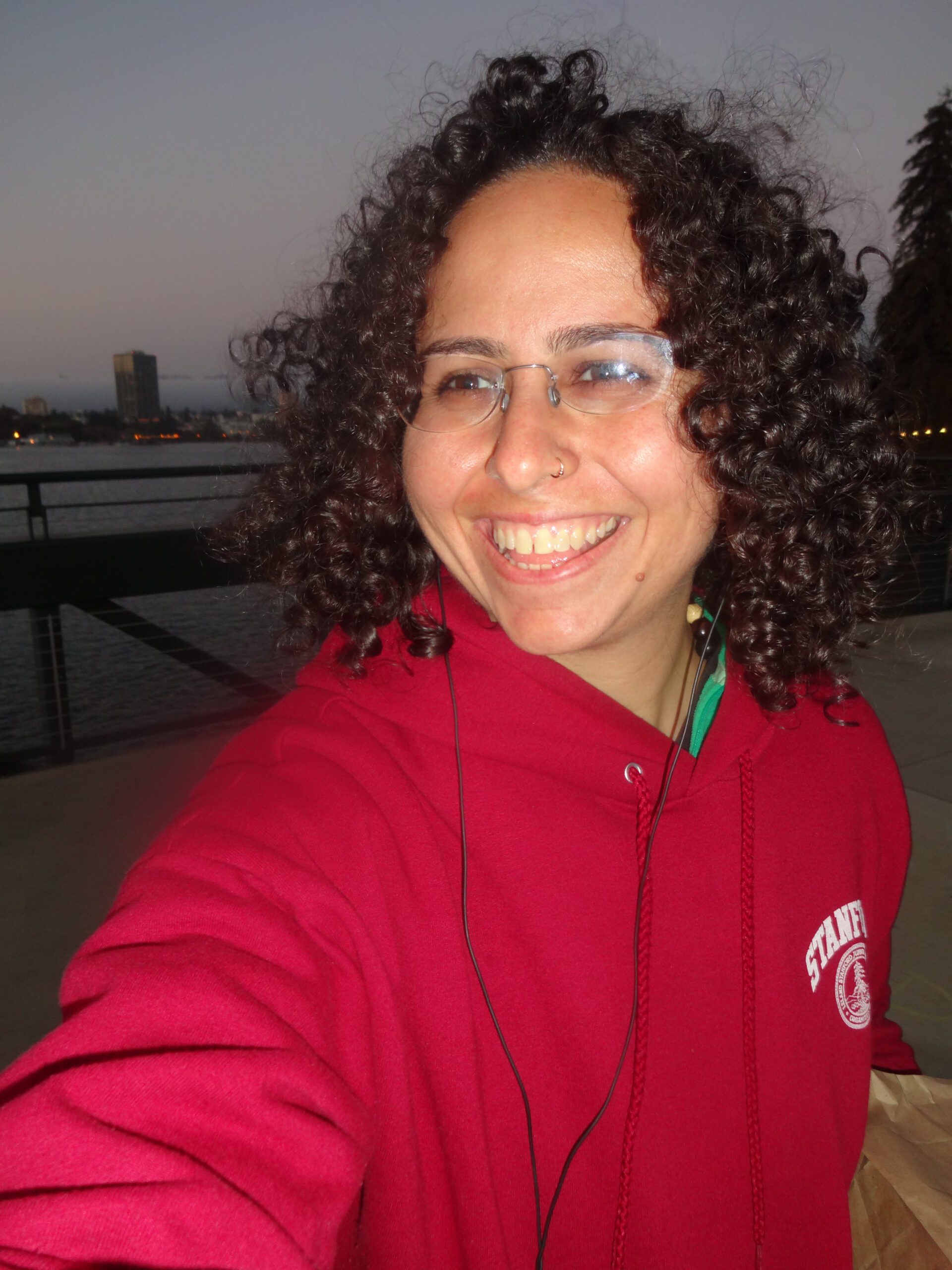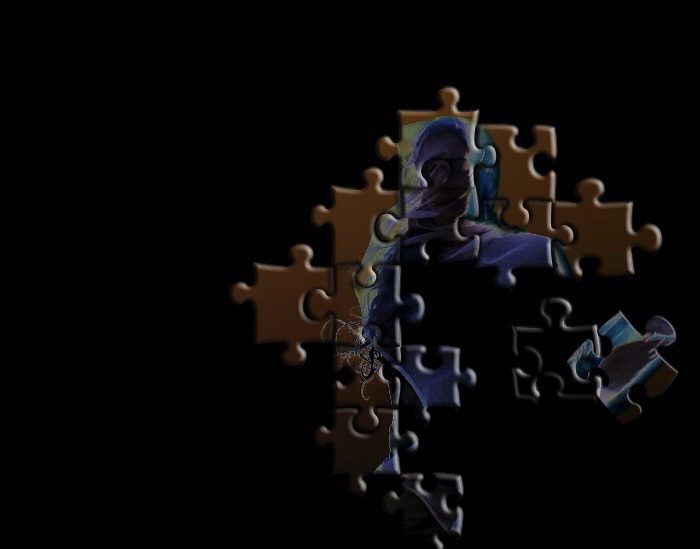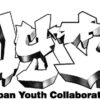warriors for embodied liberation (WEL) is an apprenticeship program developed and lead by universal partnership's principle, rusia mohiuddin. WEL is a 2-year training program in which the students learn and practice the core methodologies for embodied training and coaching. as a part of their studies, students explore, learn, and develop pieces on their understanding of many things related to change work. one of the first points of entry, into understand the work UP does, is human nature. what is human behavior and how does change happen? this is a five-part series. each piece has an accompanying audio file for those who prefer to listen to each article on their way to or from work. a playlist will be included at the end of part five.
what is human nature?
Human nature as I understand it is this conscious and unconscious need to operate from a place of ego. According to Eckhart Tolle, “ego is a false sense of self”. It is who we think we are: the story and narratives we create about our selves for us and for others. The more we experience pain and suffering in the form of trauma from those who are closest to us – partners, friends, family members and colleagues – the more we find evidence to believe this story about who we are. Examples are: “I am not loved” or “I am not good enough” or “I am not worthy”. This image or perception of our self is what shapes how we show up in the world. And often this is not from a place of power, truth and authenticity but from a place of falsehood – from our ego. We internalize this image or perception and allow it to impact the way we relate to others.
This “false sense of self” coupled with living in an inequitable and consumer driven world does not help. Instead, we dive deeper into our ego, which feeds our desire to survive at all costs. We strive to feel worthy and alive through the material possessions we attain in our life – a fancy car, high paying job or a big house – and we are then motivated to have more of these things at the expense of what truly brings us joy. Now, I am not saying that it is terrible to have material possessions that we can enjoy – as long as we don’t feel like these things are the only way we will be happy. If we are operating and aligned from a place that is our highest sense of self – our values, vision, passion and purpose – than we can feel the most fulfilled and joyful.
how does change happen in the context of human nature?
Change happens in the context of human nature when we are able to build our self-awareness to recognize the ways that we are holding generations of trauma in our bodies, minds and spirits. We begin to recognize how much pain and suffering we have experienced over time that then impacts how we physically show up in the world and relate to people in our lives. Once we begin to build this level of self-awareness, it is the first step to beginning a life-long journey of healing to release trauma and all the false images of our selves that we no longer need. We are able to move through the world from a place of love and not ego. We can work on disrupting patterns that hold us back and instead, focus on aligning ourselves to operate from our highest sense of self, which is from a place of vision and purpose. And we are also in more choice. We no longer need to find evidence to support a false image or perception of our selves, because we are in our true and authentic power.










